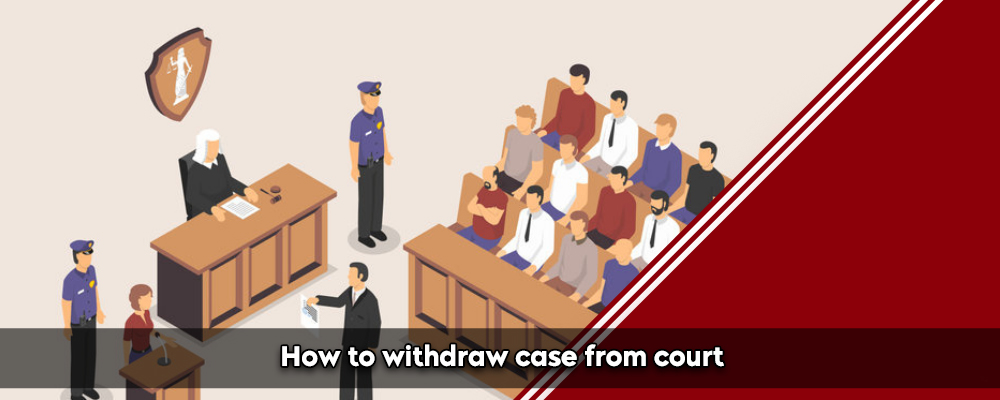An easier response to the query of what transpires following the submission of a complaint. In essence, this action is like pushing a button that initiates the entire legal system. However, it is autonomous and cannot be stopped by hitting another button. A trial is the most likely course of action. Additionally, the judge can be compelled to find the accused not guilty due to a lack of evidence if the complainant and the accused are dismissed or settled outside of court. The process, however, continues.
Need A Legal Advice
The internet is not a lawyer and neither are you. Talk to a real lawyer about your legal issue

So how can one cancel a complaint? Abandonment of legal actions
As we’ve already stated, once a complaint is filed, it cannot be withdrawn unless it relates to libel, slander, or other offenses that fall under the purview of private prosecution. You can declare your desire to stop going forward and give up on pursuing a private prosecution. When it is unclear how to proceed with the procedures, the Public Prosecutor’s Office typically decides to close the case. This is especially typical in cases where the victim’s testimony is the only available proof.
Whether you wish to withdraw a complaint for a misdemeanor or a felony is irrelevant. In every instance, the issue is the same. The state must see the legal process through to completion once it is initiated.
Repercussions for dropping a complaint
Once more, dropping a complaint is usually not an option, but dropping the private prosecution is. Nonetheless, there are several implications to this.
There is no turning back, which is the initial effect of filing a complaint withdrawal (or discontinuing the prosecution). This means that there is no way to reopen the case or be able to file a new complaint based on the same facts once the procedures are closed or a judgment of acquittal is rendered for lack of proof.
If you have experienced victimization, this could be extremely harmful to you. Assume you get into a fight with your neighbor, call the police, and then decide not to file an assault complaint out of concern for retaliation or to avoid getting into additional problems. Your neighbor will likely make a second complaint against you for the same reasons at the same time or later. You cannot “attack” then; you can only defend yourself.
However, there’s more. Certain circumstances exist where the complainant is required to testify as a witness because they are unable to take advantage of a legal exception (spouses, ascendants, descendants, etc.). A charge of disobedience to the court authority or false testimony may result from failing to comply with this requirement, as well as from declining to testify or from saying something different than what was first stated. Recall that, even if you decide to withdraw your complaint, you are now legally required to provide the truth.
How much time does it take to get a complaint withdrawn?
A complaint cannot be withdrawn, except crimes that are subject to private prosecution. In certain situations, the complainant receives a notification from the competent court intended for ratification. Usually, this takes two months. The proceedings end if this is not done.
Many people believe that it is simpler to withdraw a complaint for a small offense than for a major or fundamental offense. But once the legal system is in place, it is equally impractical.
Removing a report of abuse
Without a doubt, one of the most significant social ills of the past few decades is gender violence. Because of this, even while an abuse complaint cannot be withdrawn, it can be very challenging to proceed with the procedure if the victim chooses not to pursue private criminal proceedings.
Remember that the partner in these circumstances—who is frequently the victim’s child’s father—is what is reported in these cases. Going forward is therefore tough emotionally. In many situations, the fear of retaliation and of hurting the victim takes precedence. Furthermore, in the absence of an injury report or other proof, it is nearly hard for the judge or public prosecutor to find a means to proceed with the case without the woman’s testimony. She needs to know that it is never a smart idea to back out of an assault allegation since it will probably happen again.
Lead India provides a variety of legal services, including free legal advice and online information. Here, you can ask a legal question and talk to a lawyer.




